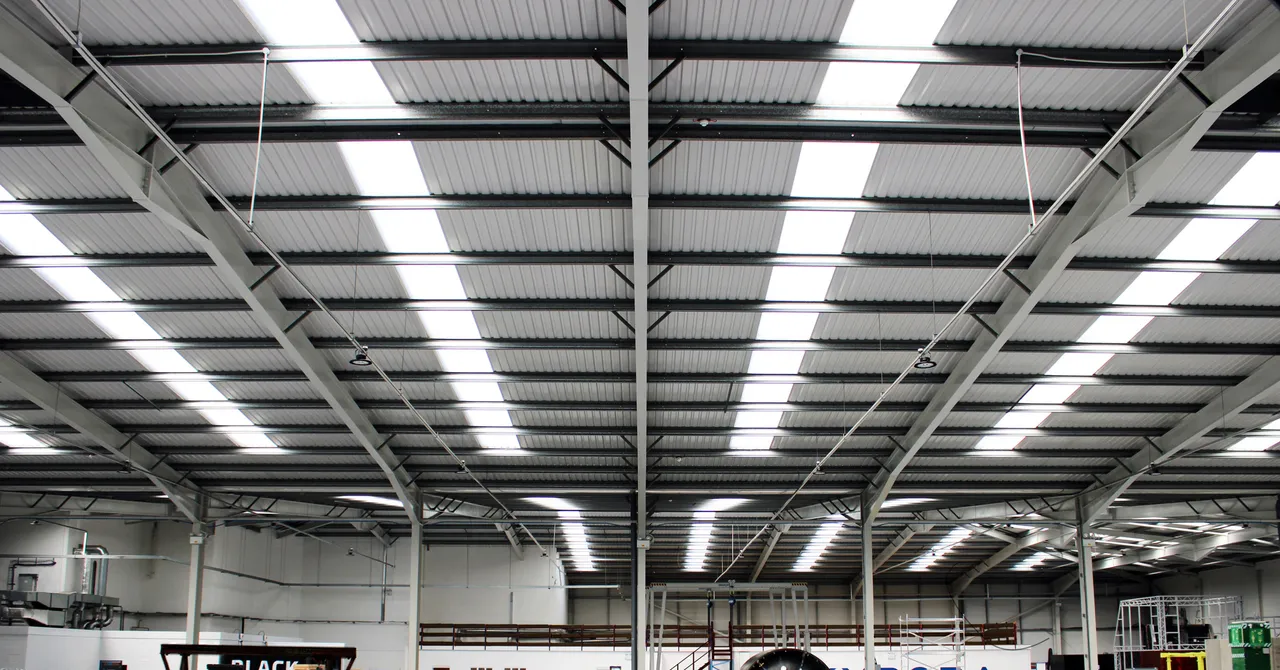Nine engines, 50,000 liters of fuel, 7 metric tons of thrust and a speed of nearly 8 kilometers per second are required to propel the rocket into orbit. For Skyrora, a private launch-vehicle provider based in Scotland, it’s just one step.

Rather than passengers, its payload is satellites. “Satellite data was once used for government security,” said Volodymyr Levikin, the company’s founder and CEO. “Now, private companies are trying to have the same capabilities to have the next level of communication and observation.”
If the old space race was between competing nations to prove technological superiority, the next one is run by businesses competing for profit. “Elon Musk pioneered the private space race with SpaceX,” Levikin says. “He has proven that launches can be carried out independently of governments. This has sparked global interest – and Silicon Valley has been enthralled by what he sees as the new frontier of space technology.
Space startups are now springing up all over the world. Levikin says most are in the U.S., while China, India and Europe are playing catch-up. Government interest in space has also been rekindled: the UK aims to increase its share of the global space market to 10 percent by 2030, an industry estimated to be worth around £400 billion ($483 billion).
That’s why Levikin introduced Skyrora in 2017. Scotland offers the best European base, providing a clear path to the North Pole—important for sun-synchronous satellite orbit—as well as easy access to UK space stations: five of the seven are planned north of Hadrian’s Wall. Skyrora designs and manufactures its rockets at its factory in Cumbernauld, Lanarkshire, and deploys them at its test firing range on the outskirts of Edinburgh.
Its flagship rocket, the Scirora XL, can carry a 315-kilogram payload and is set to launch from the Shetland Islands in 2023, pending paperwork. Customers could be intermediary satellite companies that sell their data to businesses, Levikin says. “There is a lot of information that can be collected from space, such as optical and temperature sensors that generate data that can be acted upon in real time by the agricultural industry, traffic management systems and insurance companies. We organize transportation.
SpaceX offers a similar service: its satellite rideshare program offers businesses a trip to space aboard the Falcon 9 for $275,000. Skyrora’s key differentiator, Levikin says, is that it offers exclusive releases. “SpaceX is like a bus service. You can only use it with other travelers and you have to share your space and time. We are like a taxi service. We can leave whenever the customer wants, start from flexible points, and if you’re late, we won’t leave without you.”
Instead of the average two-year wait for a ride with SpaceX, Levikin says there’s plenty of time to prepare launch contracts and fill out paperwork — Skyrora’s goal is six months between customer contact and lift-off. That’s why he estimates that ticket prices are three times higher than SpaceX. “We address a niche for customers who don’t want to share their payload with others. It’s for people who value time more than money.















